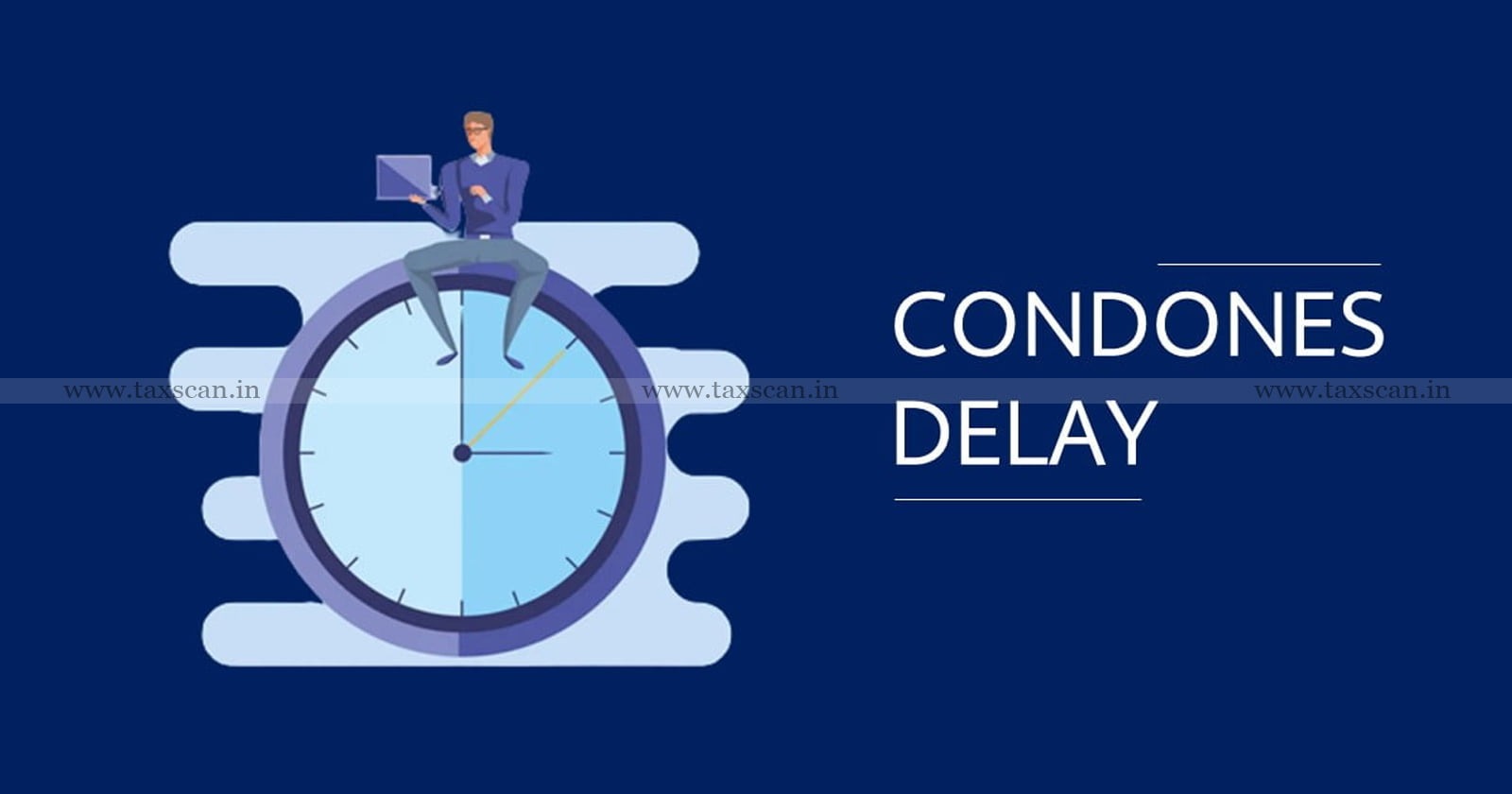Cash commission Addition Based on Digital Data without Corroborative Evidence is Unsustainable: ITAT [Read Order]
The Tribunal observed that the burden on the Revenue to prove that entries in seized digital data or loose papers materialized into actual unaccounted transactions was not discharged and held that such uncorroborated sheets are "dumb documents" and cannot sustain an addition.
![Cash commission Addition Based on Digital Data without Corroborative Evidence is Unsustainable: ITAT [Read Order] Cash commission Addition Based on Digital Data without Corroborative Evidence is Unsustainable: ITAT [Read Order]](https://images.taxscan.in/h-upload/2025/11/08/2103265-cash-commission-taxscan.webp)
The Jaipur Bench of Income Tax Appellate Tribunal (ITAT) deleted additions made by the Assessing Officer (AO) on account of alleged unaccounted cash commission expenditure, which was solely based on uncorroborative digital data seized during a search operation.
Silver & Arts Palace (assessee), a partnership firm engaged in the business of precious stones and jewelry, was subjected to a search action under Section 132 of the Income Tax Act. During the search, certain digital data was found and seized from the assessee’s premises.
The Assessing Officer (AO), interpreting entries within the seized digital sheets, made substantial additions to the assessee's income on the ground that these entries represented cash commission paid to various persons that were not routed through the books of accounts.
Comprehensive Guide of Law and Procedure for Filing of Income Tax Appeals, Click Here
 Also Read:Proceedings Must Comply with Faceless Reassessment Procedure under Amended IT Act: Bombay HC Stays Old Notices [Read Order]
Also Read:Proceedings Must Comply with Faceless Reassessment Procedure under Amended IT Act: Bombay HC Stays Old Notices [Read Order]
Aggrieved by the AO’s additions, the assessee filed appeals before the Commissioner of Income Tax (Appeals) [CIT(A)]. The CIT(A) upheld these additions. Aggrieved by the CIT(A)’s addition, the assessee filed appeals before the ITAT.
The counsel for the assessee contended that the seized sheets were mere "rough/dumb sheets" and lacked any intrinsic evidentiary value. The Counsel highlighted that specifically, for one set of additions, the sheets contained the phrase "comms earned" under the heading 'Deposits,' which the AO erroneously interpreted as 'commission payment' or 'expenditure.'
The counsel argued that the identity of the alleged recipients of the commission was never established or verified by the Revenue Department.
The two-member bench, comprising Dr. S. Seethalakshmi (Judicial Member) and Gagan Goyal (Accountant Member) observed that the addition was based purely on the contents of a single loose/digital sheet.
The bench noted that the sheet contained no mention of payment, mode of payment, or the name of any recipient which directly contradicted the assertions of the AO and CIT(A).
Citing judicial precedents, the Tribunal affirmed the fundamental principle that while loose papers or digital notings are often seized during search proceedings, the mere entry therein cannot be stretched to conclude that the notings reflect actual, undisclosed transactions.
Understanding Common Mode of Tax Evasion with Practical Scenarios, Click Here
The tribunal observed that the onus was heavily placed on the Department to bring forth corroborative evidence that could give meaning to the notings and substantiate that the alleged transactions had materialized.
The Tribunal concluded that since the Revenue failed to bring any material to support its claim, the additions were based on guesswork and suspicion/presumption.
The tribunal held that the unsubstantiated, unsigned and uncorroborated seized material alone cannot be considered as conclusive evidence to make addition. The tribunal directed the AO to delete the addition of the unaccounted cash commission across the contested assessment years.
 Also Read: ITAT Holds Bona Fide Belief and Lack of Technical Knowledge Constitute Sufficient Cause, Condones 972-Day Delay by 71-Year-Old Assessee [Read Order]
Also Read: ITAT Holds Bona Fide Belief and Lack of Technical Knowledge Constitute Sufficient Cause, Condones 972-Day Delay by 71-Year-Old Assessee [Read Order]
In the result, the appeals filed by the assessee concerning the additions made on the basis of uncorroborated digital data were allowed.
Support our journalism by subscribing to Taxscanpremium. Follow us on Telegram for quick updates


